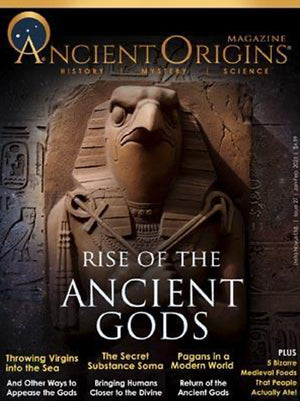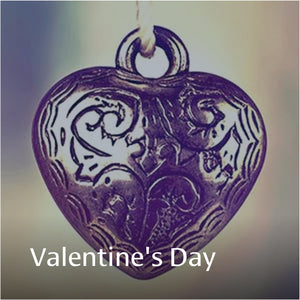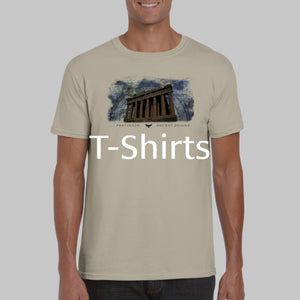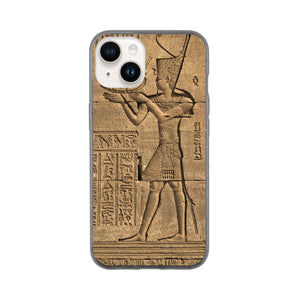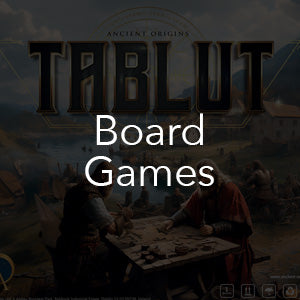
AO Magazine - July August 2021
- Regular price
- $11.00
- Sale price
- $11.00
- Regular price
-
- Unit price
- per
-
Product Information
The Tokyo 2020 Olympic Games will include five new sports - baseball/softball, karate, sport climbing, skateboarding, and surfing. This is one of the ways these Olympics are unique, but this event also differs from others in striking ways due to the impact of the coronavirus pandemic.
For one thing, the Olympics were postponed for a year. Another difference from past events is that fans won’t be there to cheer on their favorite athletes. Tens of thousands of athletes, support staff, and journalists are expected to attend, but spectators have been banned from the venues. While debate continues on whether sports broadcasters will try to incorporate artificial crowd noise into the games, it makes me consider the role of spectators at the Olympic Games of the past.
The ancient Olympics also knew how to draw in crowds of men (women weren’t allowed). The stadium of Olympia could contain about 45,000 spectators and that in Nemea about 40,000. If they had the means, men would travel from far and wide to watch their favorite runners, boxers, wrestlers, horse racers, and javelin throwers. But the audiences didn’t just attend because they loved sports, they also knew that the Games were a good place to network.
In-between events, merchants, fortune-tellers, jugglers, and many others conducted business. Even philosophers and writers, like the historian Herodotus, sought out the large audiences with hopes of gaining fame. Politicians of course saw the occasion as a good opportunity for political propaganda.
While spectators were undoubtedly important ever since the ancient Games, most people would agree the value of sports is more than just the number of fans cheering on athletes. Although some sports stars, such as the charioteer Gaius Appuleius Diocles, who you’ll learn about in this issue, were out for fame, many athletes are spurred on by their love of the sport more than their adoring fans and money.
In this issue we explore the origins and passion people hold for popular sports such as football, golf, and boxing all around the world. But we also cover some terrifying sports you may be less familiar with, such as buzkashi, described as “blood-drenched polo, with a headless goat as the ball.” A less intense, but equally surprising sport you’ll learn about is lava sledding in Hawaii – we have an exclusive interview with the man behind this ancient sport’s comeback.
Remember how I mentioned that women couldn’t attend the ancient Olympics where men competed? They had their own! This issue guides you through the fascinating story of the Heraean Games, one of history’s best kept secrets.
Speaking of secrets and mysteries, we also cover the legends surrounding the Cwezi – were they African demigods or possibly visitors from another planet?


